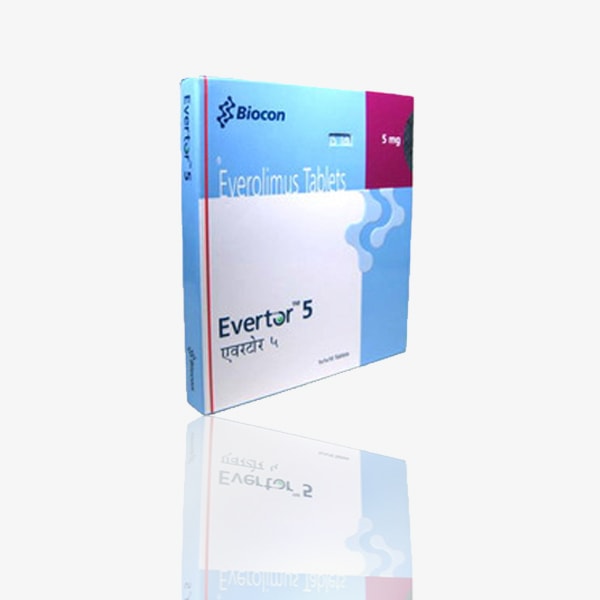
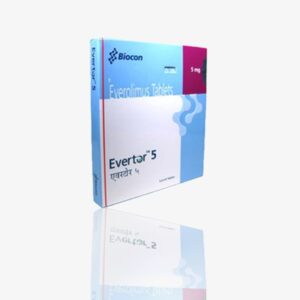
Buy Evertor : Everolimus 5 Mg Tablets Online
$163.99
Brand Name : Evertor
Composition : Everolimus
Manufactured by : Biocon Pharma Ltd.
Strength : 5 mg
Form : Tablets
Packing : Pack of 10 Tablets
Prescription Required *

Buy Evertor : Everolimus 5 Mg Tablets Online
$163.99
- Description
- Reviews (0)
Description
Description: Evertor is a medication containing everolimus as its active ingredient. Everolimus is an immunosuppressant and antiproliferative agent used in the treatment of various conditions, including certain types of cancers and certain non-cancerous conditions. Evertor is typically available in the form of tablets for oral administration.
Composition: Each Evertor tablet contains a specified amount of everolimus as the active pharmaceutical ingredient. Inactive ingredients may include fillers, binders, and coatings to ensure the stability and proper formulation of the tablet.
Uses: Evertor is used in the treatment of several conditions, including:
- Advanced Renal Cell Carcinoma (Kidney Cancer): Evertor is employed in combination with other medications for the treatment of advanced renal cell carcinoma after the failure of other cancer therapies.
- Advanced Hormone Receptor-Positive, HER2-Negative Breast Cancer: Evertor, in combination with exemestane, is indicated for the treatment of postmenopausal women with advanced hormone receptor-positive, HER2-negative breast cancer after failure of treatment with letrozole or anastrozole.
How to Use: Evertor tablets are taken orally with water, usually at the same time each day. It is essential to follow the prescribed dosage and instructions provided by the healthcare professional. The tablets should be swallowed whole and not crushed or split unless directed otherwise.
Dosage: The dosage of Evertor varies based on the specific condition being treated, the patient’s health status, and other individual factors. The healthcare provider will determine the appropriate dosage and treatment duration.
Storage Conditions: Evertor should be stored at room temperature, away from light and moisture. It is important to keep the medication out of reach of children and pets. Check the packaging for any specific storage instructions.
Mechanism of Action: Everolimus inhibits the activity of a protein called mTOR (mammalian target of rapamycin), which plays a crucial role in the regulation of cell growth and proliferation. By inhibiting mTOR, everolimus helps control abnormal cell growth, which is particularly beneficial in the treatment of certain cancers and other conditions.
Precautions:
- Evertor should only be used under the supervision of a qualified healthcare professional.
- Patients with known hypersensitivity to everolimus or its components should avoid using this medication.
- Regular monitoring of blood counts, kidney function, and other relevant parameters may be necessary during treatment.
Contraindications: Evertor is contraindicated in individuals with a known hypersensitivity to everolimus or any of the other components of the product. Pregnant and breastfeeding women should consult their healthcare provider before using this medication.
Interactions: Evertor may interact with certain medications, so it is important to inform the healthcare provider about all the drugs being taken, including prescription and over-the-counter medications, as well as herbal supplements.
Overdose: In case of an overdose, seek immediate medical attention. Symptoms may include increased risk of infections, severe fatigue, and gastrointestinal disturbances.
Side Effects: Common side effects of Evertor may include mouth sores, rash, diarrhea, fatigue, and decreased appetite. Serious side effects, such as infections, changes in blood cell counts, or lung problems, should be reported to the healthcare provider promptly.
As with any medication, individual responses can vary, and it is crucial to consult with a healthcare professional for personalized advice and guidance.
Be the first to review “Buy Evertor : Everolimus 5 Mg Tablets Online” Cancel reply
Related Products
Buy Alphalan : Melphalan 5 Mg Tablets Online
Total Sales: 0
SKU: 843883
Buy Casodex : Bicalutamide 50mg Tablets Online
Total Sales: 0
SKU: 626446
Buy Dacotin : Oxaliplatin 100 Mg Injection Online
Total Sales: 0
SKU: 925185
Buy Epithra : Epirubicin 50 Mg Injection Online
Total Sales: 0
SKU: 875239
Buy Tarceva : Erlotinib 150 Mg Tablets 30'S Online
Total Sales: 0
SKU: 367144


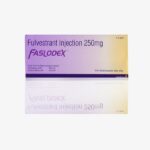
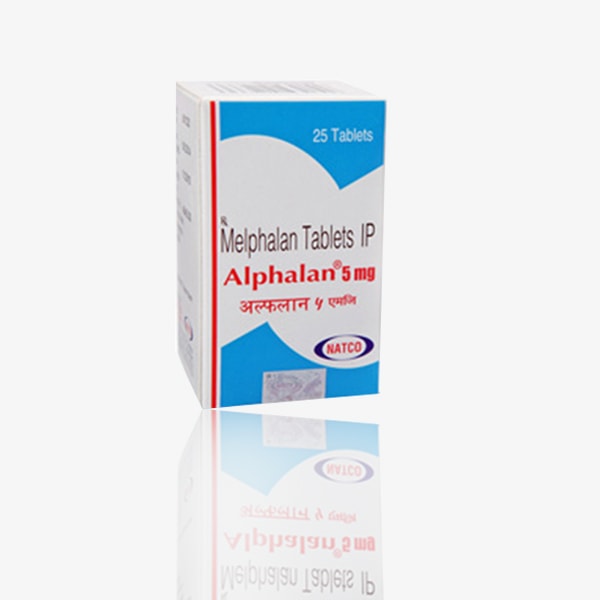
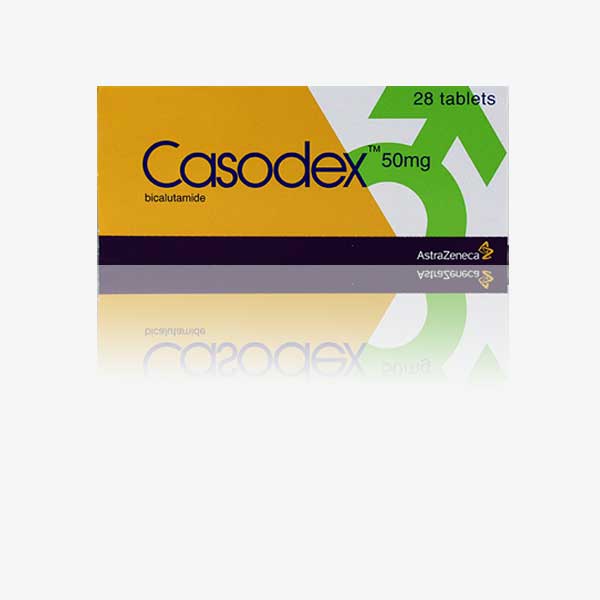
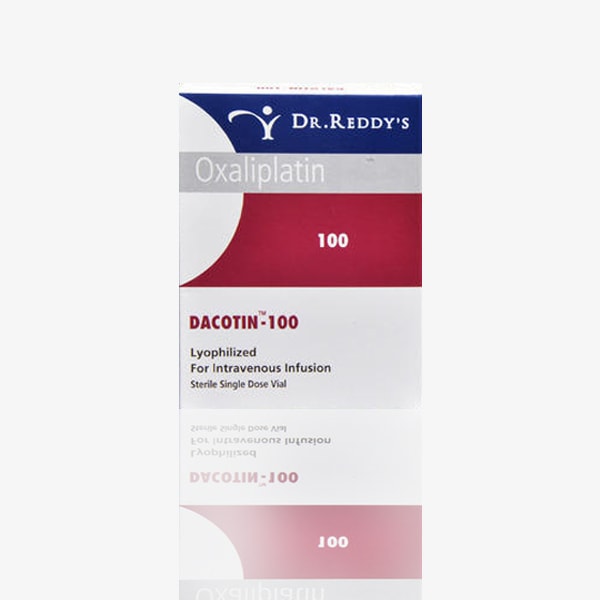
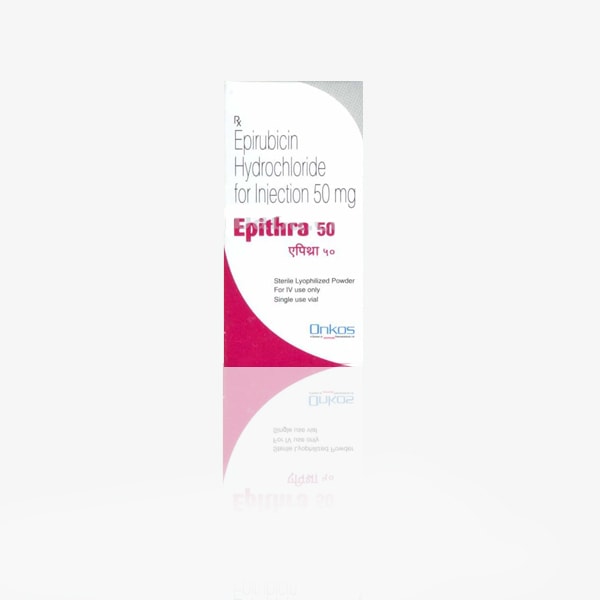

Reviews
There are no reviews yet.